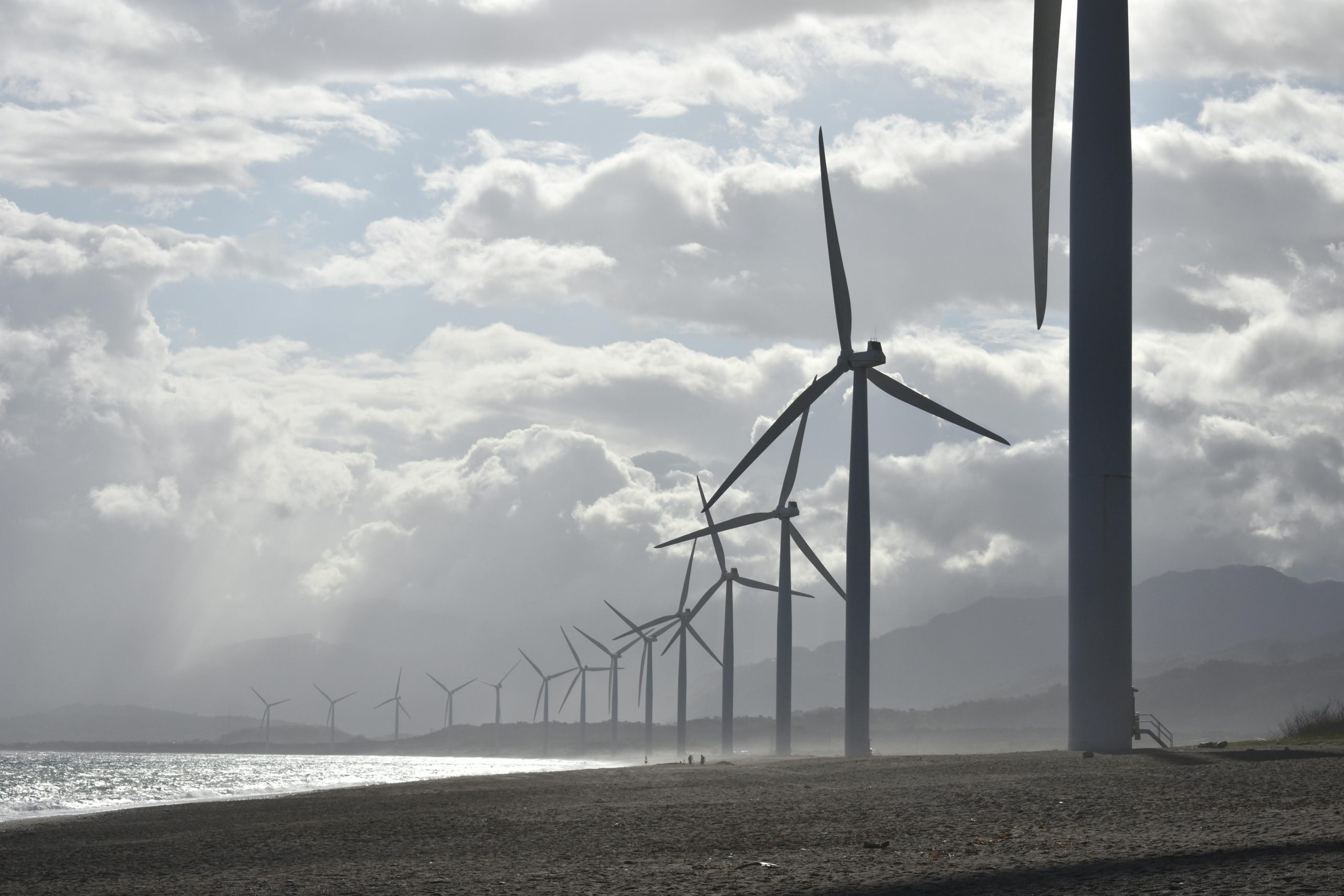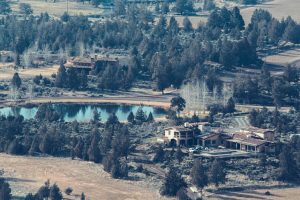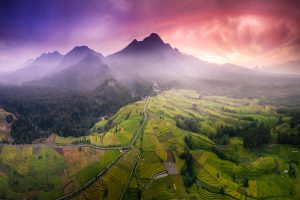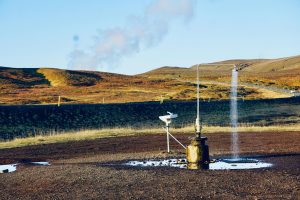Sustainable Landscaping Ideas for Every Climate Zone
Landscaping is not just about creating a beautiful outdoor space, it’s also about sustainability. With climate change becoming a pressing issue, it’s important to make environmentally conscious choices in our landscaping efforts. One way to do so is by incorporating sustainable practices and ideas that are suited for different climate zones. In this article, we will explore some sustainable landscaping ideas that are perfect for every climate zone. So whether you live in a hot and dry desert or a cold and snowy region, there’s something here for you. Let’s get started!
Water-Wise Landscaping for Hot and Dry Regions
In hot and dry regions, such as the Mediterranean and Southwest United States, water conservation is a top priority. With limited water resources, it’s important to choose plants and design elements that can thrive in this type of climate. Here are some sustainable landscaping ideas to make the most out of your outdoor space:
1. Xeriscaping
Xeriscaping is a landscaping technique that focuses on using plants and design elements that require little to no water. This includes using succulents, cacti, and other drought-resistant plants. Xeriscaping not only helps to conserve water but also reduces the need for constant maintenance.
2. Drip Irrigation
Instead of traditional sprinkler systems that can waste water through evaporation, consider installing a drip irrigation system. This delivers water directly to the roots of plants, minimizing water loss and ensuring efficient watering.
3. Mulching
Mulching is a great way to retain moisture in the soil and prevent water from evaporating. It also helps to suppress weed growth, reducing the need for constant weeding and saving water in the process.
Creating a Resilient Landscape in Wet and Humid Climates
For those living in wet and humid climates, such as the Southeast United States and tropical regions, creating a resilient landscape is key. Here are some sustainable landscaping ideas to keep in mind:
1. Native Plants
Native plants are adapted to thrive in the specific conditions of a particular region. Using native plants in your landscaping not only supports the local ecosystem but also reduces the need for excessive watering and fertilizing.
2. Rain Gardens
A rain garden is a landscaping feature that collects and filters rainwater runoff. It typically consists of a depression filled with plants, gravel, and mulch. Rain gardens help to reduce soil erosion and filter out pollutants, making it a sustainable addition to any landscape.
3. Permeable Paving
In areas where heavy rainfall can cause flooding and erosion, permeable paving is a sustainable solution. These types of pavers allow water to seep through and be absorbed by the soil, reducing the need for costly drainage systems.
Sustainable Landscaping Ideas for Cold and Snowy Climates
In cold and snowy climates, where the winter months can be harsh and unforgiving, it’s essential to choose landscaping ideas that can withstand these conditions while reducing environmental impact. Here are some ideas to consider:
1. Cold-Tolerant Plants
Plants that can survive in cold climates, such as evergreens and deciduous trees, are a great addition to any sustainable landscape. They not only provide year-round greenery but also help to regulate temperatures and purify the air.
2. Composting
Composting is a great way to recycle organic waste from your landscaping and turn it into nutrient-rich soil for your plants. This reduces the need for chemical fertilizers and adds to the sustainability of your landscape.
3. Proper Snow Management
In areas with heavy snowfall, it’s important to properly manage snow and prevent it from damaging plants and hardscapes. Consider creating snow storage areas or using snow fencing to direct the flow of snow and protect your landscape.
In conclusion, sustainable landscaping is all about making conscious choices that not only create a beautiful outdoor space but also benefit the environment. By considering the climate zone you live in and implementing these sustainable landscaping ideas, you can create a resilient and eco-friendly landscape that will thrive for years to come.










